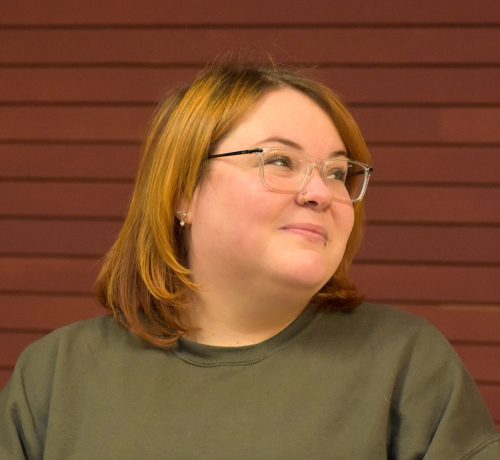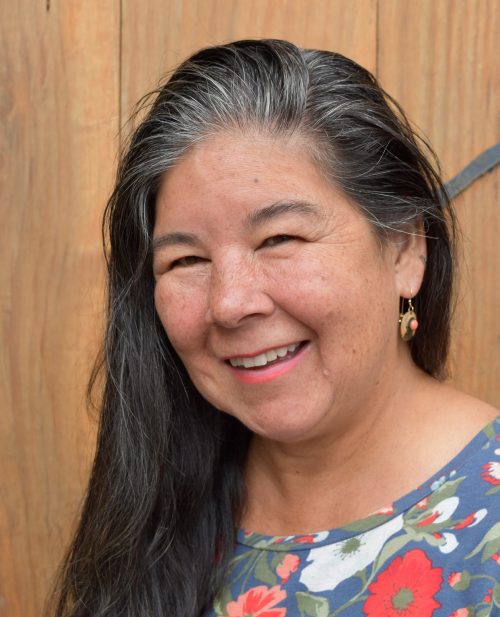This content was published: December 5, 2024. Phone numbers, email addresses, and other information may have changed.
College earns nearly $1.7 million for various mental health initiatives
Story by Misty Bouse. Photos by James Hill and Wendy Wright.
Portland Community College’s Family and Human Services and Addiction Studies programs recently received $1.675 million from the U.S. Department of Education. This grant supports mental health and community wellness efforts, benefiting PCC students and the broader Portland community as mental health challenges continue to rise.
In addition, PCC is the first community college west of the Rockies to earn national accreditation for human services education, awarded by the Council for Standards in Human Service Education. This news comes as, according to a Community College Survey of Student Engagement, 66% of students reported feeling “anxious, nervous, or on edge.” This funding and accreditation allows PCC to address such concerns by expanding its mental health literacy efforts, equipping students and the community with the tools to foster safer environments.
The grant funds a new fall term seven-credit “Foundations in Behavioral Health” course series, designed for completion within a single term. The program includes “Applied Suicide Intervention Skills Training” and “Mental Health First Aid” classes as core components. These practical courses provide entry-level skills for students in various human service roles, preparing them to assist those in crisis and connect them with more professionalized support.
“This program is ideal for anyone, including current community service workers, case managers and peer recovery mentors,” said Andrew Garland-Forshee, chair of PCC’s Family and Human Services Program. “These courses enable professionals and students to quickly gain skills and certifications to supplement or up-skill their careers.”
Second-year student Ashlee Kiehm recently applied her training in a crisis intervention situation at her job with a nonprofit organization using skills she developed in these classes. During her field internship with Lines for Life along with weekend work with Transition Projects, she recently encountered a man in distress on a Portland bridge.
“With the training I received, I was able to sit with him, keep space, and guide him to safety,” she said.
She also uses the skills as she texts or talks with adolescents in suicide prevention calls. This experience reinforced her commitment to a career in crisis intervention. A former foster youth and mother of three, Kiehm sees the HUS program as more than just an academic pursuit.
“The faculty here truly care about us as people and understand our desire to serve others,” Kiehm said. “I feel empowered to make a difference.”
The benefits of the program extend to college staff as well. Maya Blackmun, a PCC Foundation major gifts officer, used employee tuition benefits and personal days to take the courses.
“The coursework is very rooted in real-world, practical strategies and tools that are easy to absorb and remember,” she said. “Now I feel more equipped to help if I encounter someone in crisis, on campus or in the community. It gives me peace of mind to be prepared.”
Starting this winter term, PCC will offer a series of work-ready certifications, including mental health first-aid, smoking cessation, CPR, First-Aid, and ASIST training. This accessible training equips students and professionals with practical skills they can apply immediately to support community wellness.
For more information on PCC’s offerings, visit the Family and Human Services webpage.


